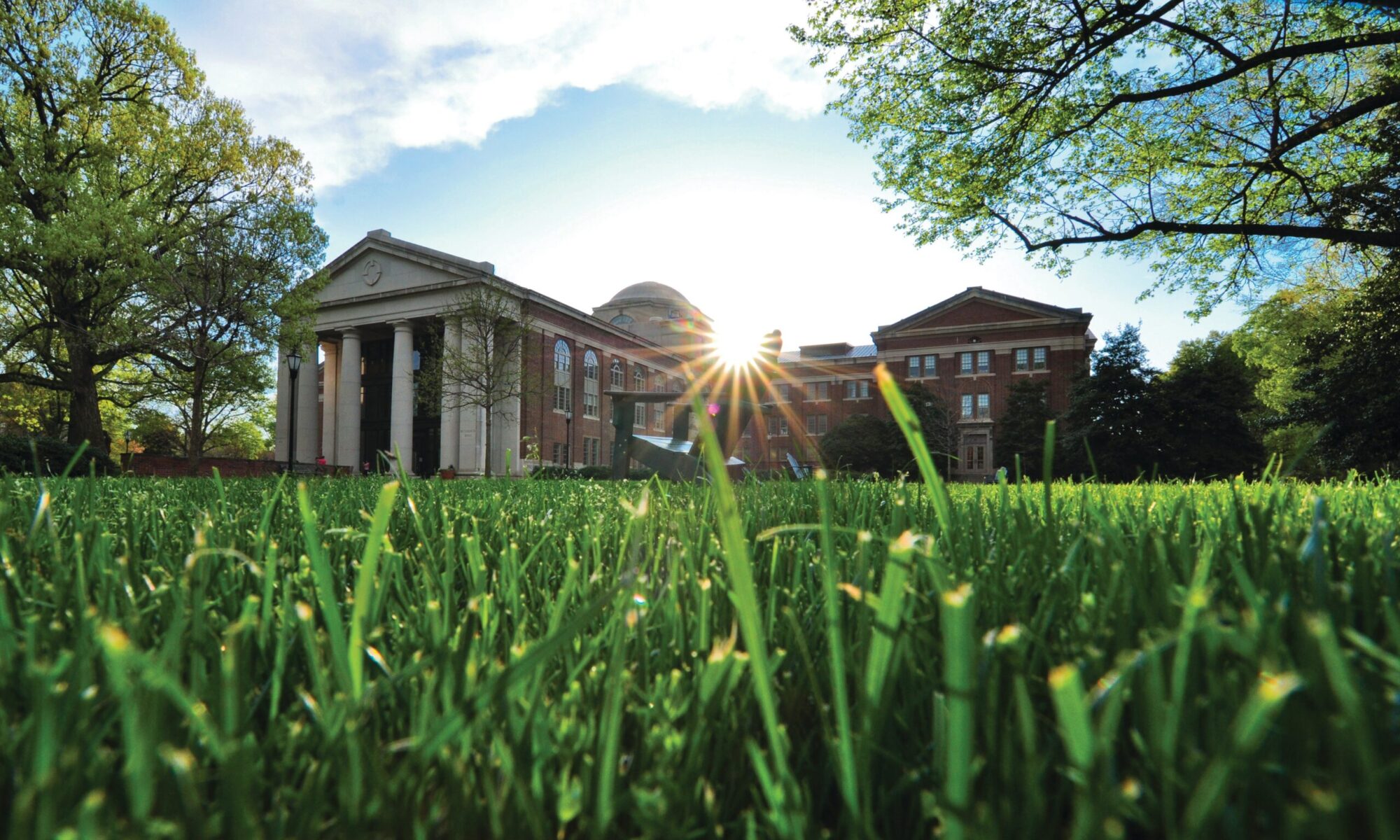Keri Register ’16, the author of this post, is one of three 2013 recipients of a South Carolina Internship Grant provided by Davidson College and The Jolley Foundation. The purpose of the grant is to allow students to participate in educational internships and to explore living and working in the state of South Carolina. Keri is currently an intern with Sexual Trauma Services of the Midlands in Columbia, the state capital. Stay tuned for her second and final blog post about her experience at the end of the summer!

For the past month, I have been working as an intern at Sexual Trauma Services of the Midlands in Columbia, South Carolina. As both an office intern and a crisis intervention advocate, I have been able to experience both ends of the spectrum in regards to sexual violence. I have gained an insider’s perspective of much that goes on in a rape crisis agency, from behind the scenes paperwork and statistical evaluations to standing alongside a survivor as they recount their stories to law enforcement and medical personnel.
My first week was spent in an intensive training program to become a crisis intervention advocate. During the training, I learned that an advocate’s primary task is answer hotline calls and to stay alongside a survivor who has just been through an assault. Throughout training, my group of potential advocates met with a representative from the local sheriff’s department, a solicitor from the courts, specially trained forensic nurse examiners, and a worker from the State Office of Victim’s Assistance, as well as members of the wonderful staff at STSM. Each and every one filled in another piece of the puzzle as to what being an advocate actually means.
The process begins when the survivor comes to the hospital emergency room within 72 hours of an assault to get a rape kit and evidence collected. The hospital will call STSM and the advocate will arrive at the hospital to meet the survivor. The advocate then stays by the survivor’s side during the whole hospital visit, which can take anywhere from 3 to 8 hours, and explains the emotional, medical, and legal aspects of their trauma. Finally, after the physical exam and police reports, an advocate will help the survivor develop a safety plan and steps to take in the coming weeks to aid in their recovery.
My first advocate experience occurred soon after training concluded. Though I had been through all of that training, my heart still pounded and adrenaline came in waves when the call came in. I rushed to the hospital, and I really had no idea what to expect when I got there, because I had learned that there is no right or wrong way to feel after a sexual assault, and that every survivor reacts differently. I soon found that the survivor I worked with was kind and grateful. Her attitude was that of someone who was fighting to take back control of her life and I was glad that I was there to help her take the first steps in that direction.
I knew I was there to tell her what resources were available to her and that what happened was not her fault, but words didn’t really seem to fill the silence when she had finished telling her story. I realized that in the coming days, most of what I had said would slip her mind, but the important thing was that she knew there were people who were there to wholeheartedly support her. So we made jokes about hospital food and talked about our dream vacations, and when it was time to be serious, we discussed what her next steps were and what resources would be useful in her recovery journey. When she was finally discharged from the hospital, I walked her to her car, and we said goodbye. That was the last time we will see each other.

Such was the beginning of my work as a representative of STSM. From a behind-the-scenes perspective, I have spent most of my days working on research and evaluation projects. I have become quite well-acquainted with the virtues of Microsoft Excel, and though perhaps less excitement-inducing than my direct work with survivors, I have learned so much about what it takes to run a non-profit organization. I’ve worked on many projects, ranging from creating presentations of survey results to researching fundraising programs and financial models. Every part of my experience has increased my understanding about sexual trauma and its effects on both individuals and the community, and I look forward to what the next month holds.
